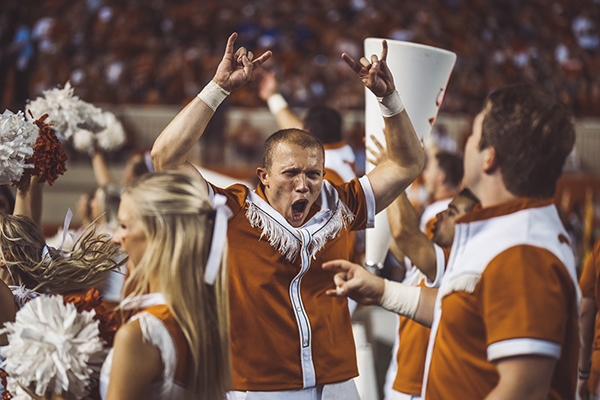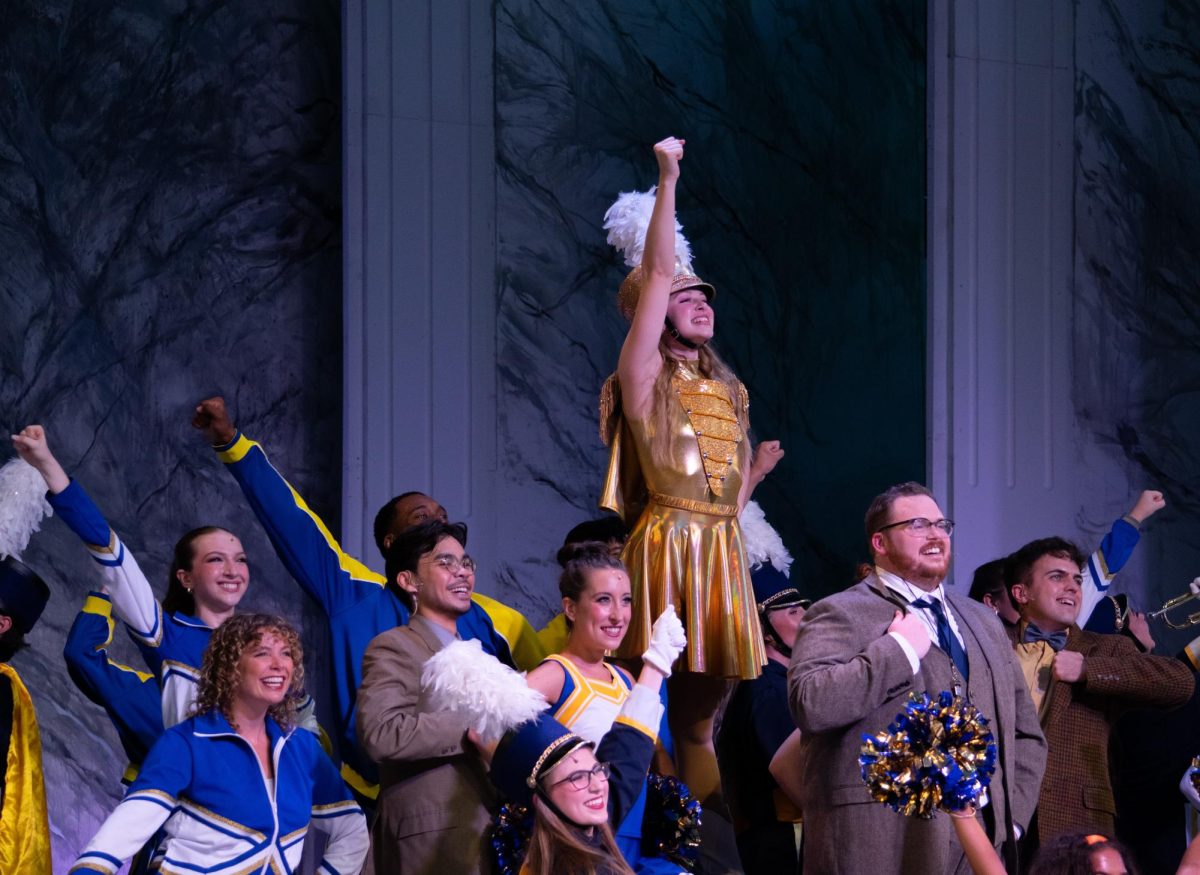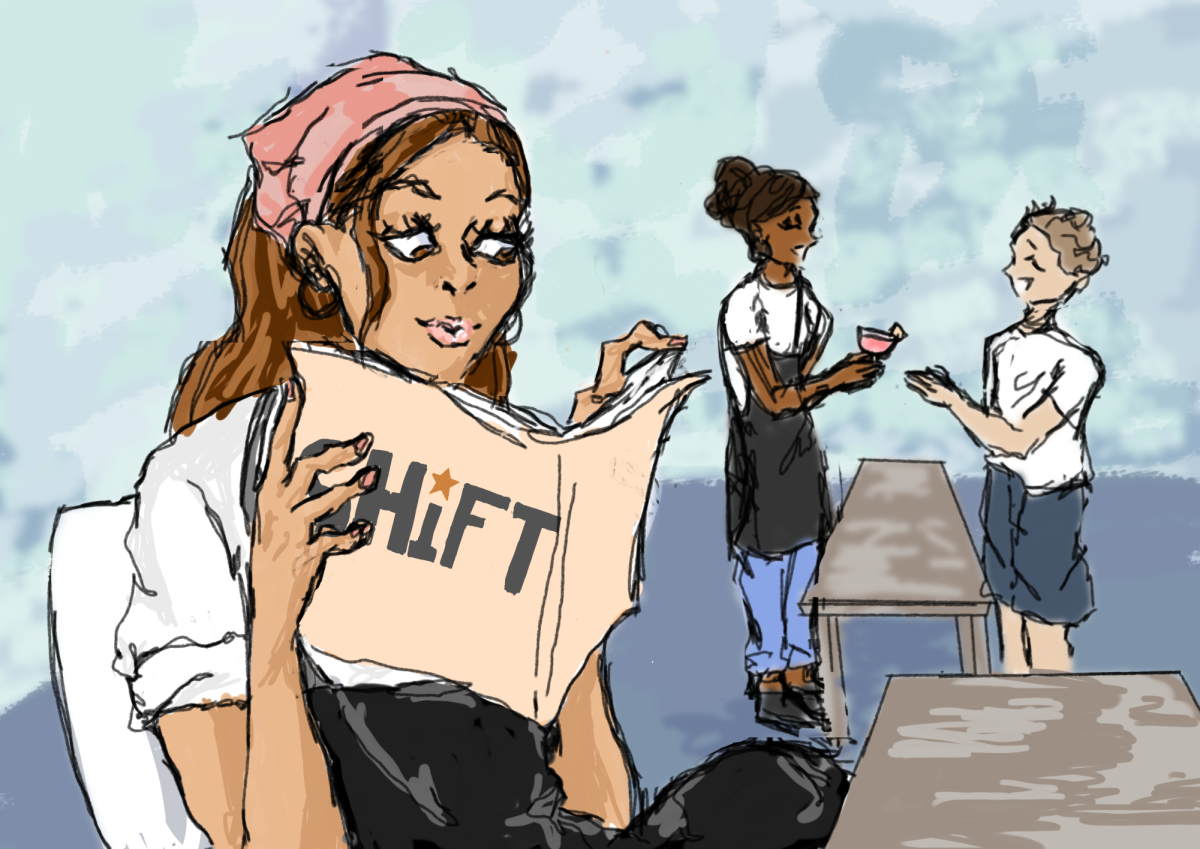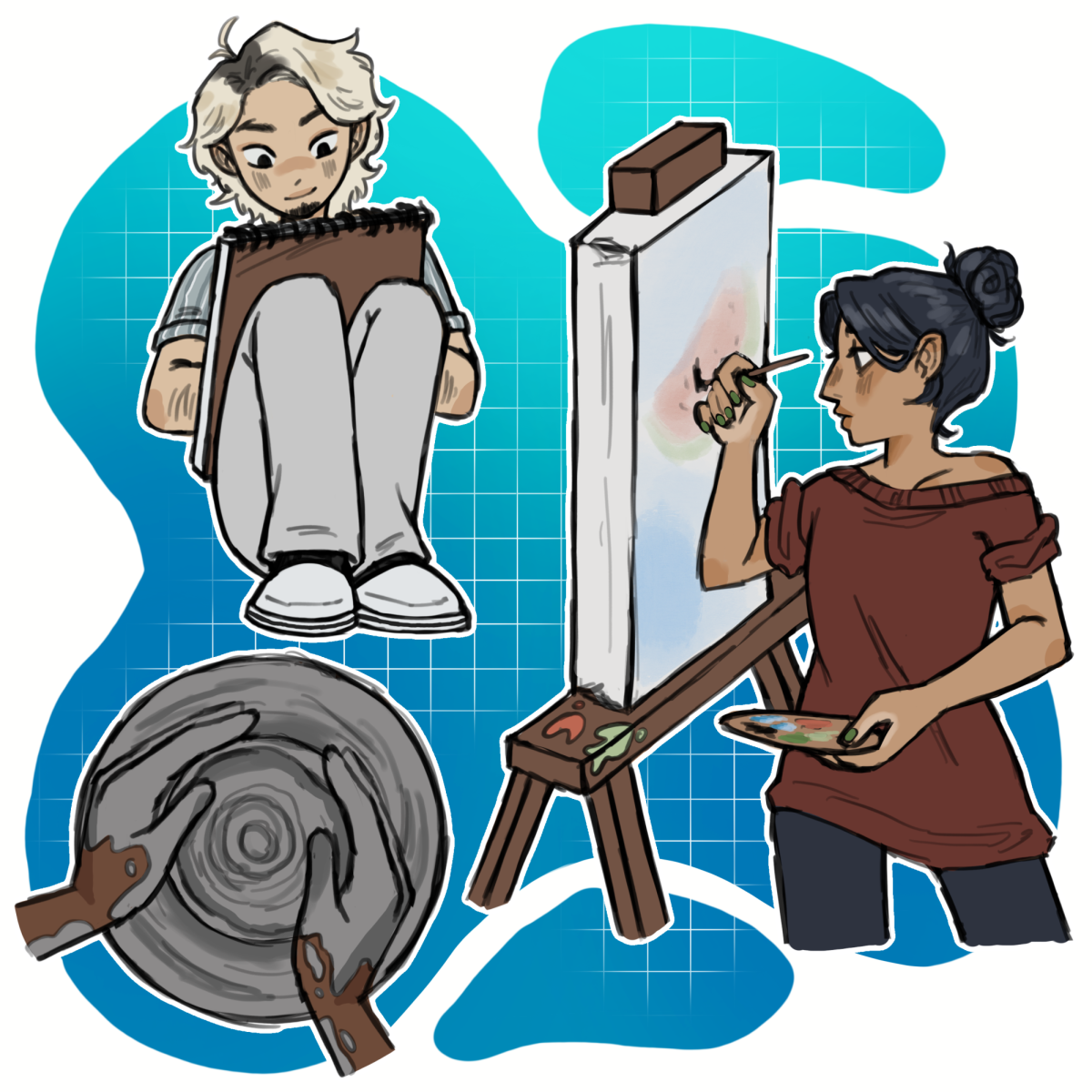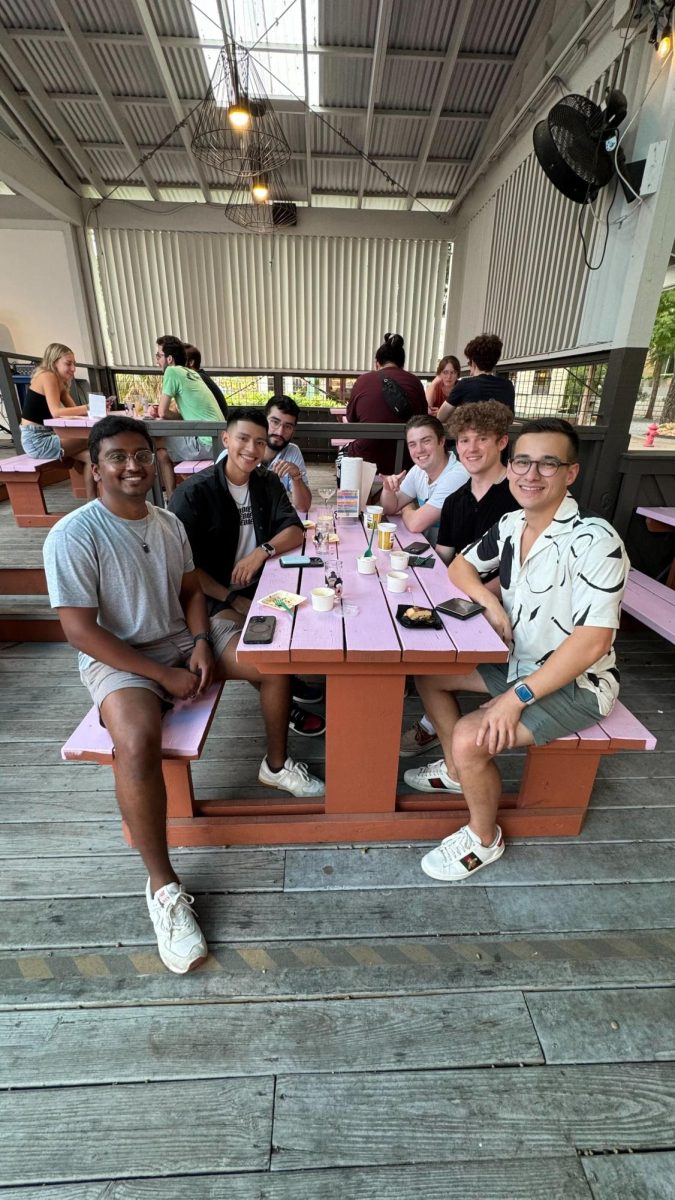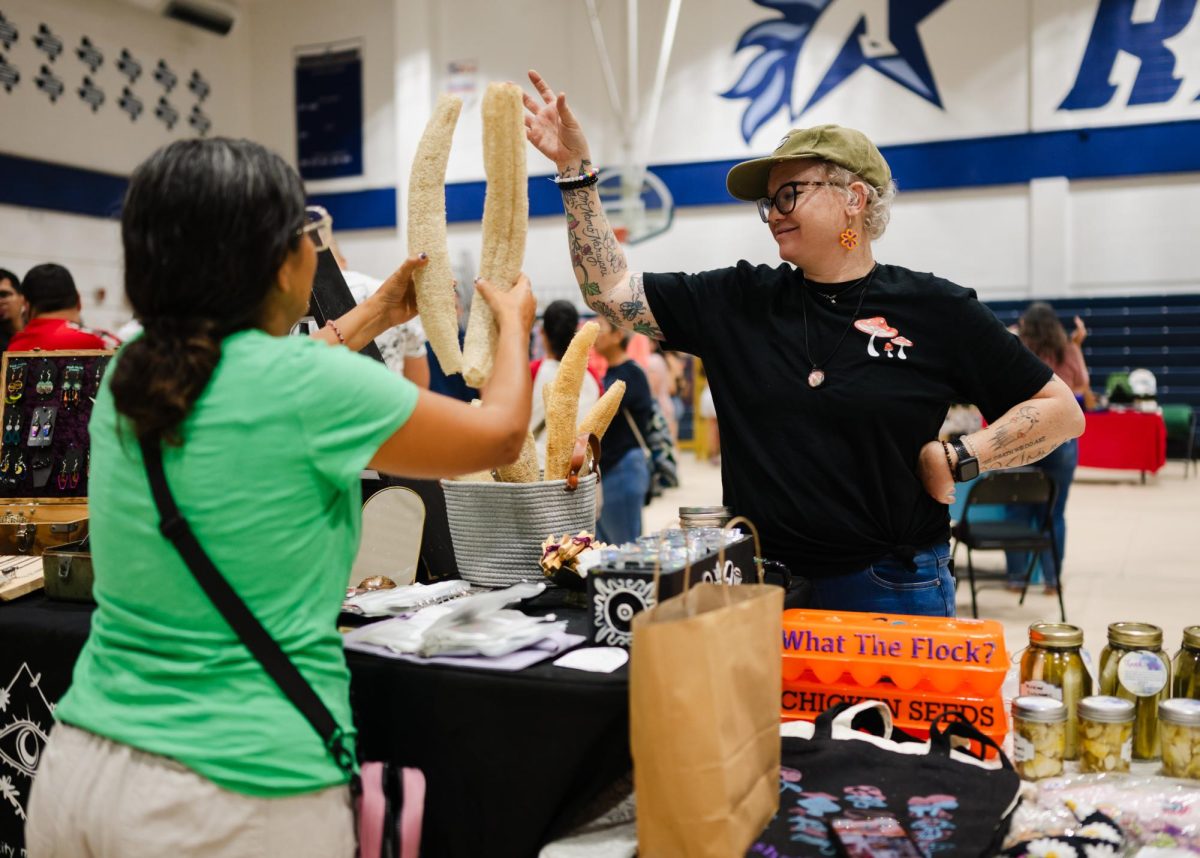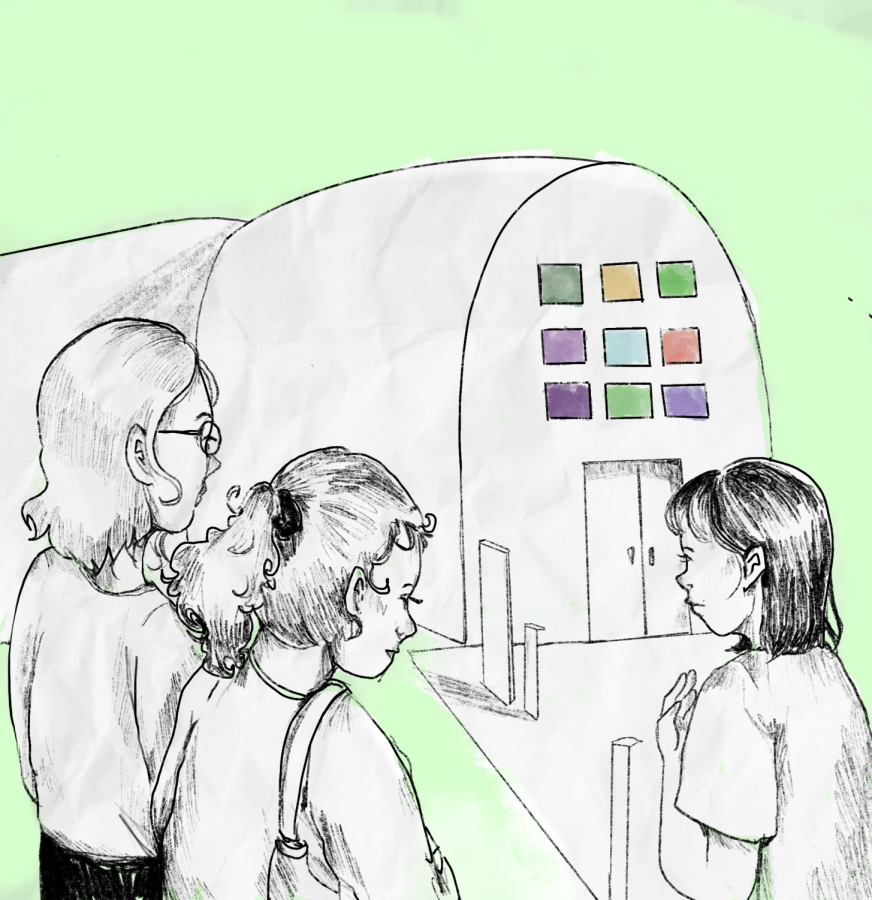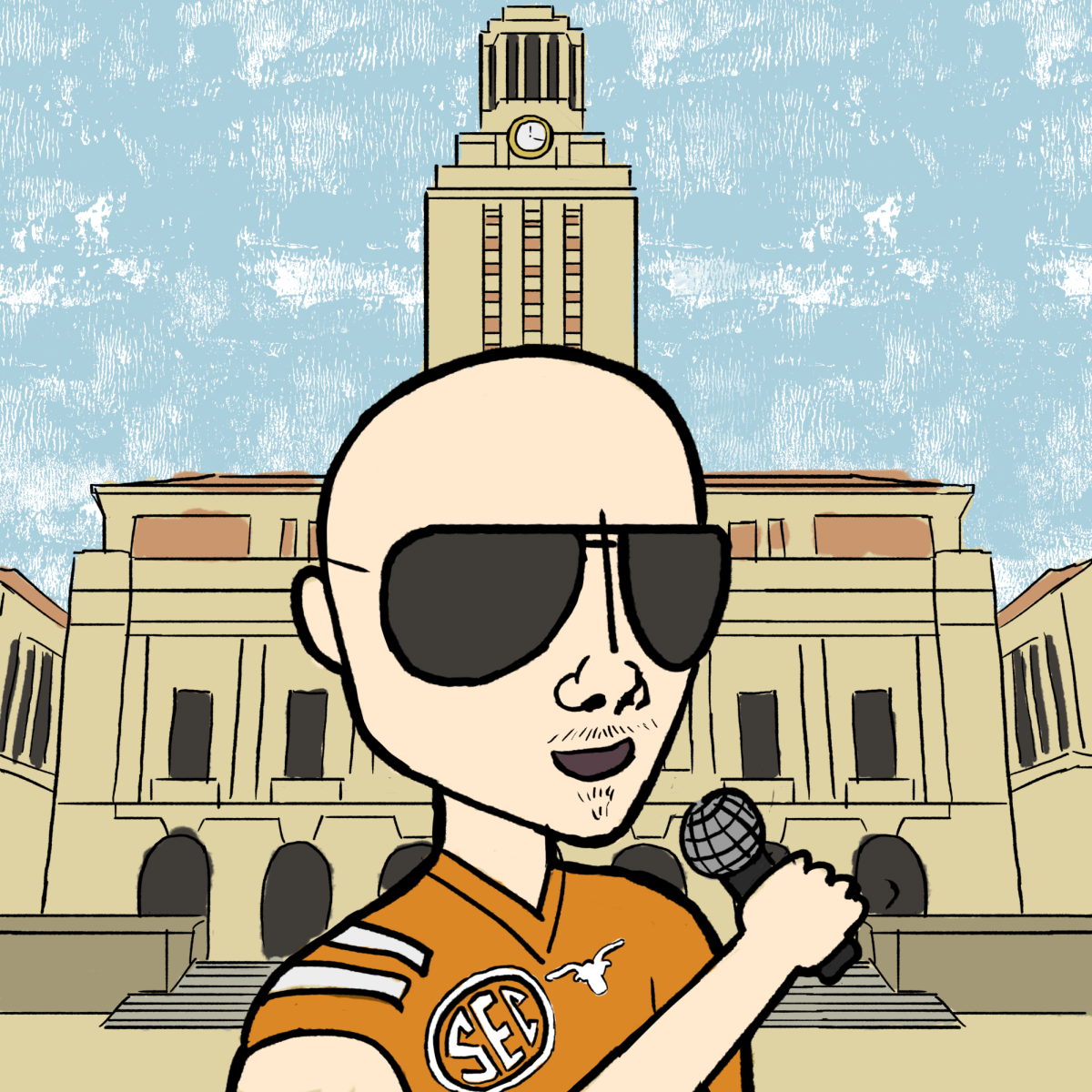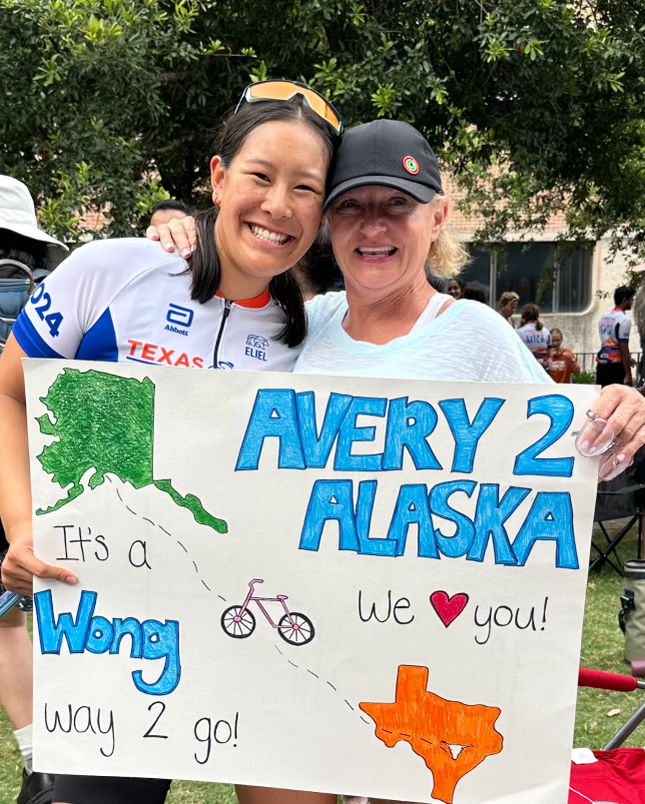From the high school football field straight to the cheer mat, male members of UT’s cheer team, Orange Squad, are often recruited without any prior experience.
Often discovered in a campus gym, physically strong male students are sought out by current coed team members to complete their squad, said Connery Bowers, Orange Squad member and biology senior. The primary role of each male cheerleader is throwing a female cheerleader into the air for a high-stakes stunt and catching them when they fall.
“It’s kind of scary at first, but the main point of our pitch is to tell them it’s not scary,” Bowers said. “You don’t really need guys to have experience to (join). We’re like a big family, and (we’ll) tell you everything and teach you.”
Despite the stereotype of the “lifelong cheerleader,” Orange Squad captain Neha Grover said most male team members have spent their high school career playing sports like football or basketball.
“When you think of cheerleading, you think of girls and more feminine boys,” finance senior Grover said. “But (male cheerleaders are) just continuing to live the life of an athlete and are being pushed in ways they never have (before).”
In the week leading up to each football game, Bowers said the coaching staff determines which team members are the most qualified to take the field.
“If you make the game, that means your coaches and captains trust you enough to do those skills by yourself,” Bowers said. “The guys are supposed to be (masculine). That’s the image we’re supposed to portray.”
Unlike the female team members, Bowers said the men focus on throwing the girls, yelling, clapping and reflecting a masculine persona through their actions, as opposed to performing dance routines.
Grover said trust is essential to the success and coordination of the squad. Trust goes beyond the physical responsibility of having someone’s life in your hands, she said. Once male cheerleaders become comfortable supporting their stunt partner, Grover said they transition into a source of energy and excitement for the stadium.
Outside of the stadium, Grover said the relationship between male and female cheerleaders resembles a brother and sister relationship.
“(Male cheerleaders) play the gentleman role and have to be ambassadors in that way,” Grover said. “Anytime we travel, they protect us and look out for us.”
In 2017, Orange Squad co-captain Blake Gardner said he never imagined himself spending 5 to 6 days a week cheering. While Gardner said he usually falls into the role of a quiet student, cheer forced him out of his shell and improved his vocality.
Gardner, an electrical and computer engineering senior, said that due to skepticism often associated with cheerleading’s athleticism and legitimacy, he had to earn his family’s respect about cheering after his uncle initially gave him a hard time.
“Whenever I show (my uncle) the skills that we do, I think it does change his mind on things. It’s things that he could never do,” Gardner said. “You have to tell him, ‘I’m not just leading cheers and yelling in front of people, I’m also doing things that are athletic.’”



